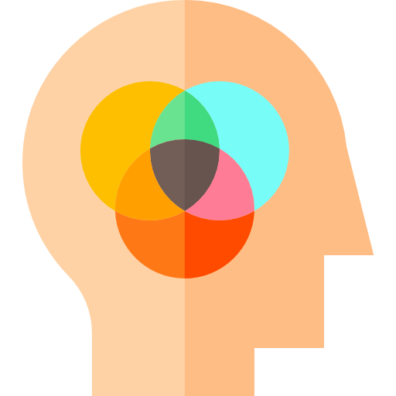
The Cognitive Motor Neuroscience (CogMo) Lab is part of the Kinesiology program in the College of Education at Washington State University in Pullman, WA. We study the cognitive neuroscience of human movement. Specifically, we study the brain networks and cognitive processes that underlie motor behavior. We are also interested in understanding how we learn motor skills and how our movements change throughout our lifespan, in health and disease. We are particularly interested in the role of dopamine (a neurotransmitter that is widespread in the brain) in learning, movement, and reward processes. A change in dopamine levels in specific areas of the brain can cause disorders, such as Parkinson’s disease, and underlies substance use disorders. We use a combination of behavioral, neuroimaging (electroencephalography; EEG), and computational techniques and our interdisciplinary research combines approaches from Kinesiology, Cognitive Neuroscience, Psychology, Computer Science, and Engineering.
Our long-term goal is to optimize human performance throughout the lifespan.
Cognition
 Cognition powers activities of daily living, and includes processes such as memory, attention, and executive function (i.e., the ability to plan, organize, solve problems, and make decisions). Impairment in cognitive processes is linked to a decrease in quality of life and affects relationships with others and independence. Due to these associations, cognitive impairment is an important public health concern.
Cognition powers activities of daily living, and includes processes such as memory, attention, and executive function (i.e., the ability to plan, organize, solve problems, and make decisions). Impairment in cognitive processes is linked to a decrease in quality of life and affects relationships with others and independence. Due to these associations, cognitive impairment is an important public health concern.
Motor behavior
 Movement makes life possible. It is critical for interacting with people and the environment that are required for activities of daily living (e.g., walking, driving, playing sports, and engaging in our hobbies). We are interested in understanding the interactions between cognitive and motor processes and how they allow us to not only learn and maintain motor skills throughout our life, but also become expert movers and world-class athletes, dancers, musicians, and painters.
Movement makes life possible. It is critical for interacting with people and the environment that are required for activities of daily living (e.g., walking, driving, playing sports, and engaging in our hobbies). We are interested in understanding the interactions between cognitive and motor processes and how they allow us to not only learn and maintain motor skills throughout our life, but also become expert movers and world-class athletes, dancers, musicians, and painters.
Neuroscience
 We study human movement through the lens of cognitive neuroscience. We are interested in how brain activity changes when performing cognitive and motor tasks across the lifespan, in health and disease. We use electroencephalography (EEG), a non-invasive technique, to measure brain activity and understand how activity across brain regions changes with behavior. We also apply advanced computational techniques to large behavioral and EEG data sets to discover patterns of activity and associations between brain and behavior to understand how they are disrupted with aging and/or disease.
We study human movement through the lens of cognitive neuroscience. We are interested in how brain activity changes when performing cognitive and motor tasks across the lifespan, in health and disease. We use electroencephalography (EEG), a non-invasive technique, to measure brain activity and understand how activity across brain regions changes with behavior. We also apply advanced computational techniques to large behavioral and EEG data sets to discover patterns of activity and associations between brain and behavior to understand how they are disrupted with aging and/or disease.
Populations
 We study a range of populations, including young adults, older adults, individuals who use cannabis, and patients with movement disorders (e.g., Parkinson’s disease).
We study a range of populations, including young adults, older adults, individuals who use cannabis, and patients with movement disorders (e.g., Parkinson’s disease).
Visit our Research page to learn about our current projects!
We are recruiting graduate students for Fall 2024! Learn more here!
Credit: Icons made by Freepik from www.flaticon.com